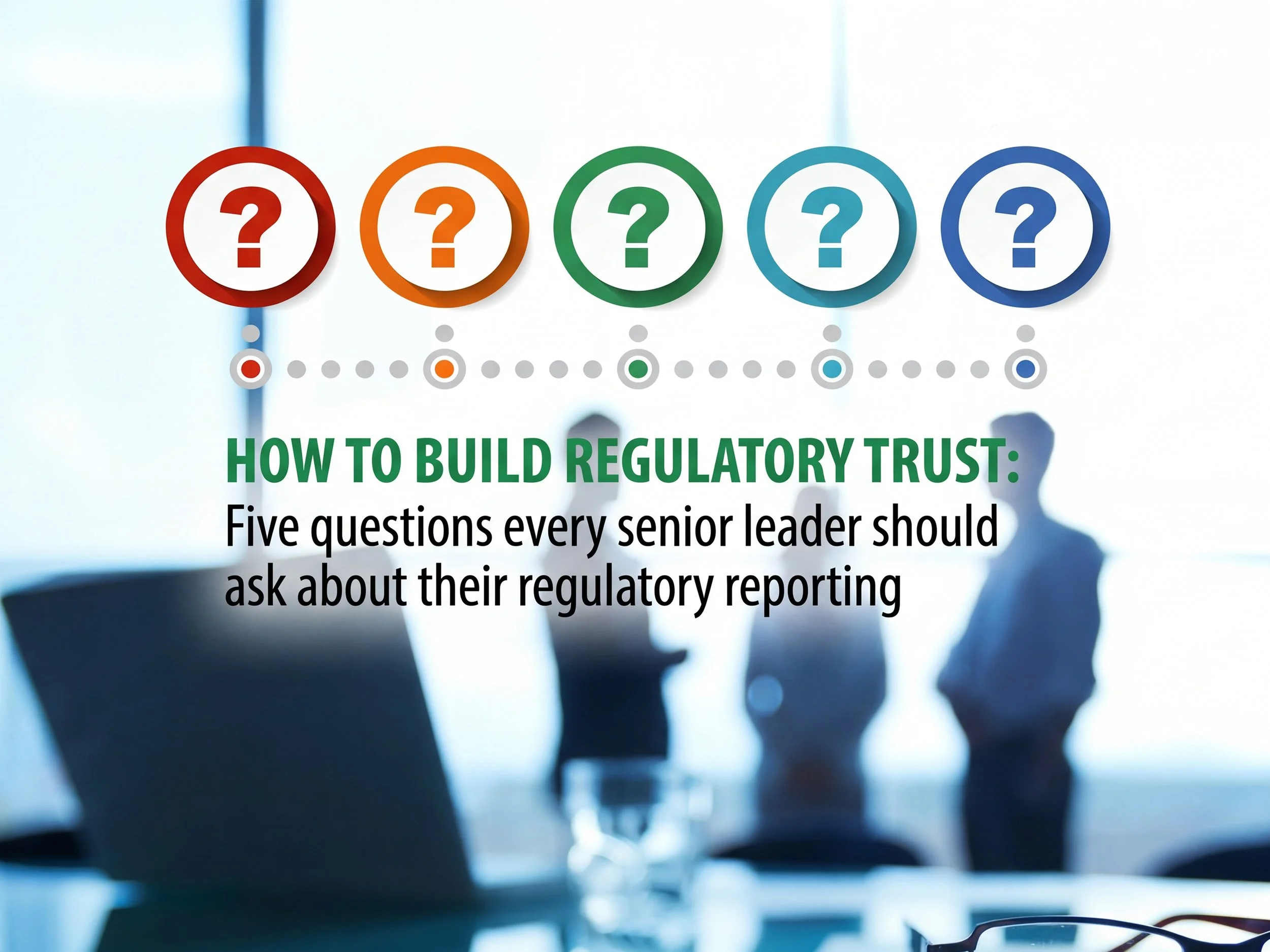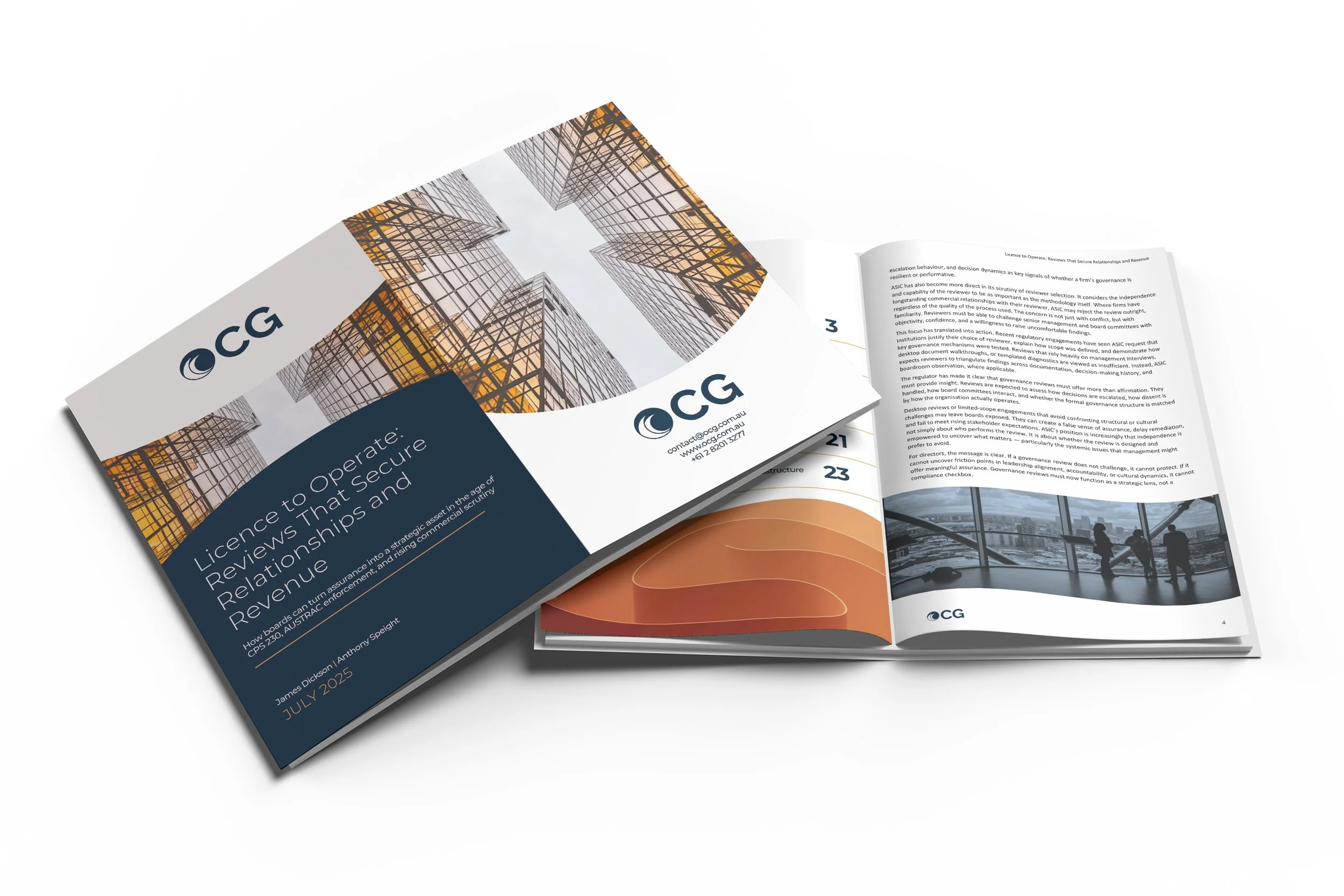ASIC RG 271 Internal Dispute Resolution (IDR): Closing the Loop on Customer Outcomes
Understanding RG 271 IDR
ASIC Regulatory Guide 271 (RG271) sets the standard for Internal Dispute Resolution (IDR) across Australia’s financial services sector. It requires firms to respond to complaints promptly, fairly, and consistently, with clear accountability, timely outcomes, and meaningful remedies. RG271 also drives MI/metrics that help boards and executives oversee complaint trends, systemic issues, and remediation effectiveness.
Why RG 271 Matters
Strong IDR is both a regulatory requirement and a trust driver. Firms with robust IDR frameworks resolve issues faster, reduce escalation to AFCA, and uncover product/process defects before they become systemic. Conversely, poor IDR invites regulatory scrutiny, damages reputation, and increases remediation costs.
Key implications include:
Time-bound response obligations and clearer definition of what constitutes a complaint.
Customer-focused outcomes, with transparent communication and accessible channels.
Root-cause analysis and systemic issue identification, feeding remediation and product governance (e.g., DDO).
Board oversight via meaningful indicators, trend analysis, and assurance testing.
Key Challenges Facing Firms
Operationalising consistent triage and categorisation across channels and vendors.
Meeting timeliness and quality standards at scale, including complex advice and claims disputes.
Integrating IDR with DDO, RG 78 breach reporting, and FAR accountability.
Building MI and dashboards that surface trends, vulnerable customer impacts, and systemic root causes.
Embedding first-line ownership with strong QA and feedback loops to prevent repeat issues.
How OCG Can Help
Oceanic Consulting Group (OCG) helps institutions design, embed, and assure RG 271-aligned IDR frameworks that are practical, defensible, and customer-centred.
Our services include:
IDR framework design & uplift (policies, standards, workflows, playbooks).
Complaint triage & categorisation models aligned to RG 271 definitions.
Timeliness controls, QA frameworks, and “voice of customer” feedback loops.
Systemic issue management connecting IDR to DDO, breach reporting (RG 78), and remediation.
MI & dashboarding for board/executive oversight, with indicators that drive action.
Independent reviews & assurance to evidence effectiveness and readiness for scrutiny.
Training & enablement for first-line teams and complaint specialists.
FAQs
What is RG271?
RG271 is ASIC’s guide for internal dispute resolution, setting standards for how financial firms receive, assess, and resolve customer complaints.
How does RG271 interact with AFCA?
Strong IDR reduces escalations to AFCA by resolving complaints earlier. Where matters do go to AFCA, quality IDR records and reasoning improve outcomes and reduce cost.
Why link IDR with DDO and breach reporting?
Complaints data often signals product design/distribution problems (DDO) or reportable situations (RG78). An integrated framework ensures timely remediation and compliance.
How can OCG improve our IDR?
OCG strengthens your end-to-end IDR operating model, governance, processes, QA, MI, and systemic issue management, so you meet regulatory expectations and lift customer outcomes.
Strengthen Your IDR Programme
Work with OCG’s Customer Outcomes & Compliance Specialists
Build complaint handling that’s timely, fair, and defensible. Contact OCG to uplift your RG271 frameworks, MI, and systemic remediation, reducing AFCA escalations and improving customer trust.









